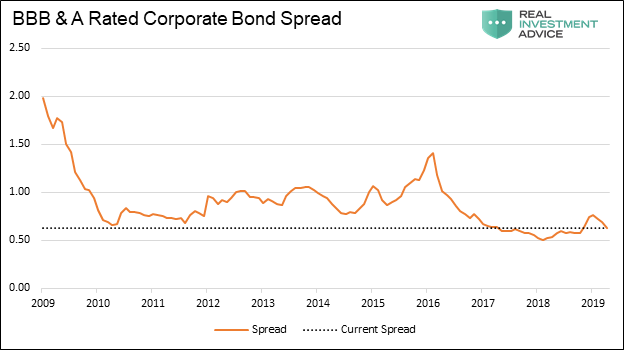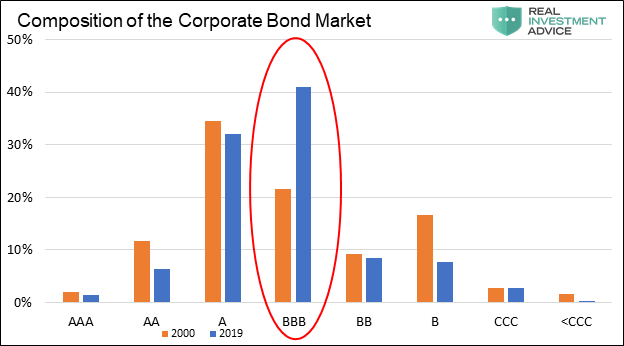Here is a good link on how various bonds perform during a crash
https://obliviousinvestor.com/what-happens-to-bonds-in-a-stock-market-crash/
During a crash, stock performs horribly. (duh)
High yield bond decline 20%
intermediate corp bond decline 10%
intermediate government bonds gain 10%
Note that these gains are temporary since all of the bonds recover together in a couple of years while stocks lag behind.
I prefer short term corp bonds and short term government bonds with some assets in prime market funds and CD to hold me over. Once I have sufficient liquidity for my retirement "safety net", my stock portfolio portion tends to be aggressive because my stock portion is on a longer time horizon. As RETMD21 pointed out, I also don't see the value in long term bonds because my long term strategy is in stock and not bonds. My short term strategy is liquidity using bonds, prime market and CD.
This is also why I do not like the total bond market fund in retirement because a total bond fund co-mingle various bond funds which is OK before retirement. I am retired and i need to pick and choose which asset class to liquidate. Naturally I pick the asset class that is near its 52 week high and this works for me as long as I have sufficient number of different funds of separate and different asset classes. I currently have 10 stock funds and 5 bond funds and this give me more choices to liquidate or transfer assets from one class to another. I like to transfer an asset class that is near its 52 week high with a different asset class that is near its 52 week low...which is consistent with buying low and selling high.
https://obliviousinvestor.com/what-happens-to-bonds-in-a-stock-market-crash/
During a crash, stock performs horribly. (duh)
High yield bond decline 20%
intermediate corp bond decline 10%
intermediate government bonds gain 10%
Note that these gains are temporary since all of the bonds recover together in a couple of years while stocks lag behind.
I prefer short term corp bonds and short term government bonds with some assets in prime market funds and CD to hold me over. Once I have sufficient liquidity for my retirement "safety net", my stock portfolio portion tends to be aggressive because my stock portion is on a longer time horizon. As RETMD21 pointed out, I also don't see the value in long term bonds because my long term strategy is in stock and not bonds. My short term strategy is liquidity using bonds, prime market and CD.
This is also why I do not like the total bond market fund in retirement because a total bond fund co-mingle various bond funds which is OK before retirement. I am retired and i need to pick and choose which asset class to liquidate. Naturally I pick the asset class that is near its 52 week high and this works for me as long as I have sufficient number of different funds of separate and different asset classes. I currently have 10 stock funds and 5 bond funds and this give me more choices to liquidate or transfer assets from one class to another. I like to transfer an asset class that is near its 52 week high with a different asset class that is near its 52 week low...which is consistent with buying low and selling high.
Last edited:


